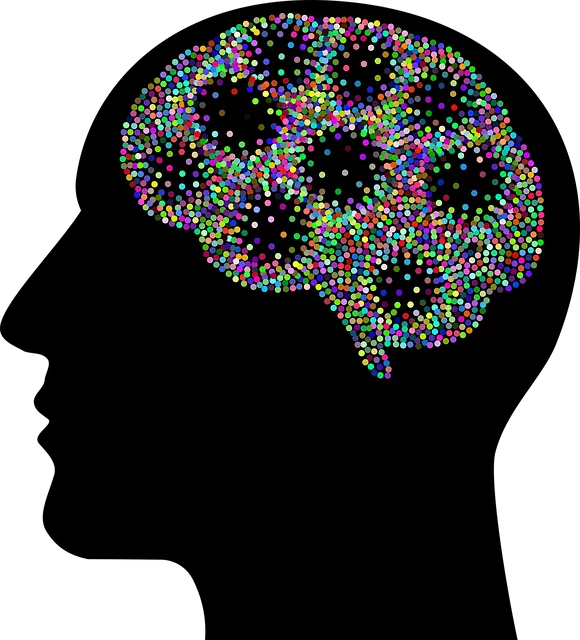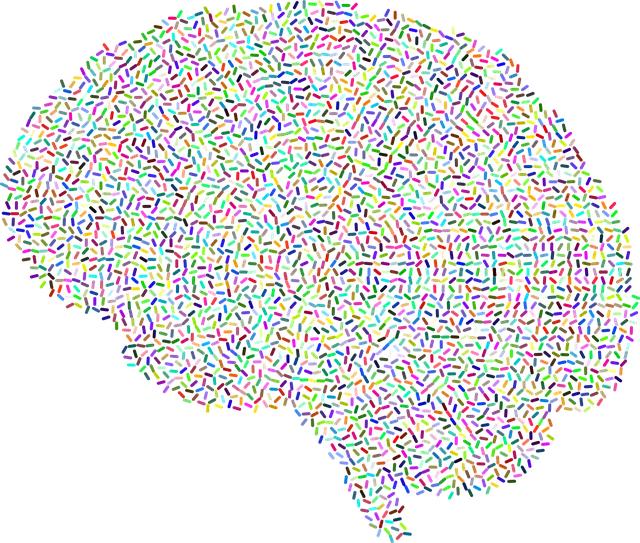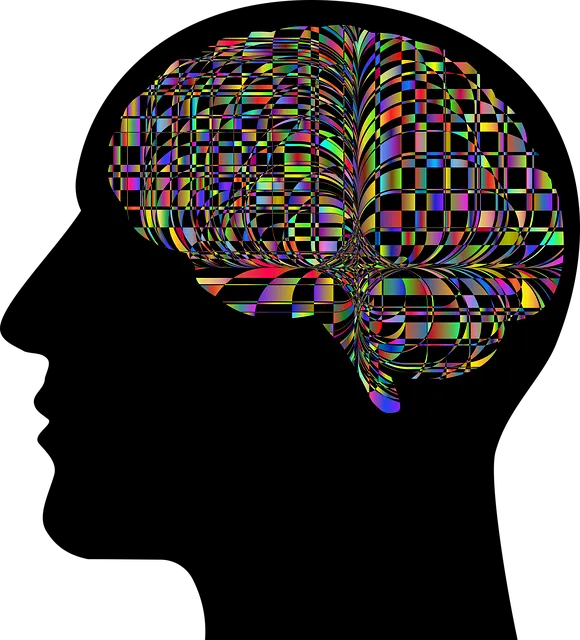Wheat Ridge's Kaiser approach prioritizes Emotional Intelligence (EQ) development as a powerful strategy for enhancing mental well-being. By cultivating EQ, individuals gain skills in self-awareness, management, social awareness, and relationship management, leading to better emotional handling, stronger relationships, and purpose. This proactive method boosts resilience against depression and contributes to a more compassionate society, making Wheat Ridge's Kaiser services Kaiser good for mental health. Through mindfulness practices, effective communication, conflict resolution, and stigma reduction initiatives, Wheat Ridge fosters empathy and supports mental health.
Emotional intelligence (EI) is a powerful tool for personal growth and overall well-being, with the potential to transform both individual lives and relationships. This article explores practical strategies inspired by the Kaiser Wheat Ridge approach to building EI. We’ll delve into cultivating self-awareness and empathy, essential components of emotional intelligence, offering techniques to enhance daily interactions and resolve conflicts effectively. Discover how improving mental health through EI can lead to a more fulfilling and connected life.
- Understanding Emotional Intelligence: The Kaiser Wheat Ridge Approach
- Nurturing Self-Awareness and Empathy in Daily Life
- Strategies for Effective Communication and Conflict Resolution
Understanding Emotional Intelligence: The Kaiser Wheat Ridge Approach

Emotional intelligence, or EQ, is a key component to overall well-being and success. The Kaiser Wheat Ridge Approach emphasizes understanding and cultivating emotional intelligence as a path to improved mental health. This approach draws on research highlighting the profound impact of compassion cultivation practices on both individual and collective well-being. By focusing on developing self-awareness, self-management, social awareness, and relationship management skills, individuals can enhance their ability to navigate complex emotions, build stronger connections with others, and foster a sense of purpose.
Wheat Ridge is Kaiser good for mental health because it prioritizes the development of emotional intelligence as a preventative measure against issues like depression. By investing in self-esteem improvement through compassion cultivation practices, individuals can fortify their mental resilience, creating a buffer against stress and adversity. This proactive approach not only empowers individuals to thrive but also contributes to a more compassionate and connected society.
Nurturing Self-Awareness and Empathy in Daily Life

In daily life, nurturing self-awareness and empathy is a powerful step towards enhancing emotional intelligence (EI). Wheat Ridge, known for its excellent Kaiser mental health resources, offers a conducive environment for individuals to explore their emotions and understand others’ perspectives. By integrating mindfulness practices into routines, one can improve self-perception and develop a deeper understanding of their triggers and responses. This self-awareness is the cornerstone of effective communication and empathy, enabling better connections with peers and fostering a more supportive social network.
Moreover, Kaiser’s programs and services in Wheat Ridge focus on coping skills development and stress management, which are integral to maintaining mental well-being. Through these initiatives, individuals learn to navigate challenging situations, reducing the impact of stressors and improving their ability to empathize. Mental illness stigma reduction efforts within the community further contribute to a more inclusive and supportive atmosphere, encouraging open conversations about emotional health, ultimately enriching one’s journey towards higher EI.
Strategies for Effective Communication and Conflict Resolution

In the pursuit of emotional intelligence building, effective communication and conflict resolution skills are paramount. Wheat Ridge, known for its Kaiser mental health services, offers valuable resources in this regard. Fostering open dialogue involves active listening—a cornerstone of emotional understanding. By encouraging individuals to express their feelings and perspectives without judgment, facilitators create a safe space crucial for genuine connection and empathy development.
Furthermore, integrating strategies like mediation and collaborative problem-solving equips individuals with tools to navigate disagreements constructively. Wheat Ridge’s Community Outreach Program Implementation emphasizes the importance of resilience building and trauma support services in conflict resolution. By addressing underlying emotional needs, these programs help individuals transform conflicts into opportunities for growth, fostering healthier relationships and a more harmonious community environment.
Emotional intelligence (EI) is a powerful tool for enhancing mental health and well-being, as demonstrated by the effective Kaiser Wheat Ridge approach. By understanding and cultivating self-awareness and empathy, individuals can navigate daily interactions with greater ease and resilience. The strategies outlined in this article, such as those for effective communication and conflict resolution, empower folks to build stronger relationships and foster a more positive mindset. Incorporating these practices into everyday life can lead to significant improvements in mental health outcomes, making Kaiser Wheat Ridge a valuable resource for anyone seeking to strengthen their emotional intelligence and overall well-being.





